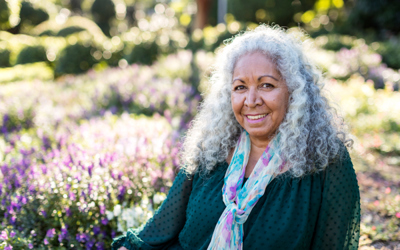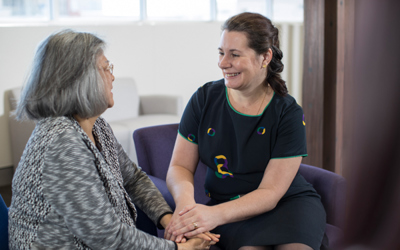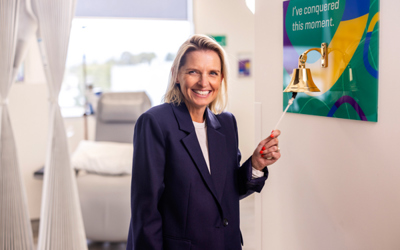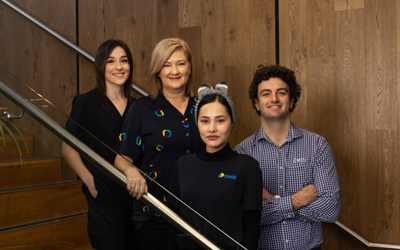Quick facts about leukaemia
Leukaemia develops when white blood cells, which reside in our bone marrow (the soft tissue inside our bones), grow abnormally
Around 5000 men and women will be diagnosed with leukaemia in Australia each year
1 in 61 Australians will be diagnosed with leukaemia by the age of 85
Leukaemia is classified based on whether it is acute or chronic. Acute leukaemia develops and progresses rapidly, while chronic leukaemia appears gradually and grows slowly over months to years
Types of leukaemia
There are four main types of leukaemia, depending on the type of white blood cell that is affected (either myeloid or lymphoid) and whether the cancer is fast growing (acute) or relatively slow growing (chronic):
Treatment for leukaemia
There are many different types of treatment for leukaemia. Your treatment will depend on you and your cancer.








